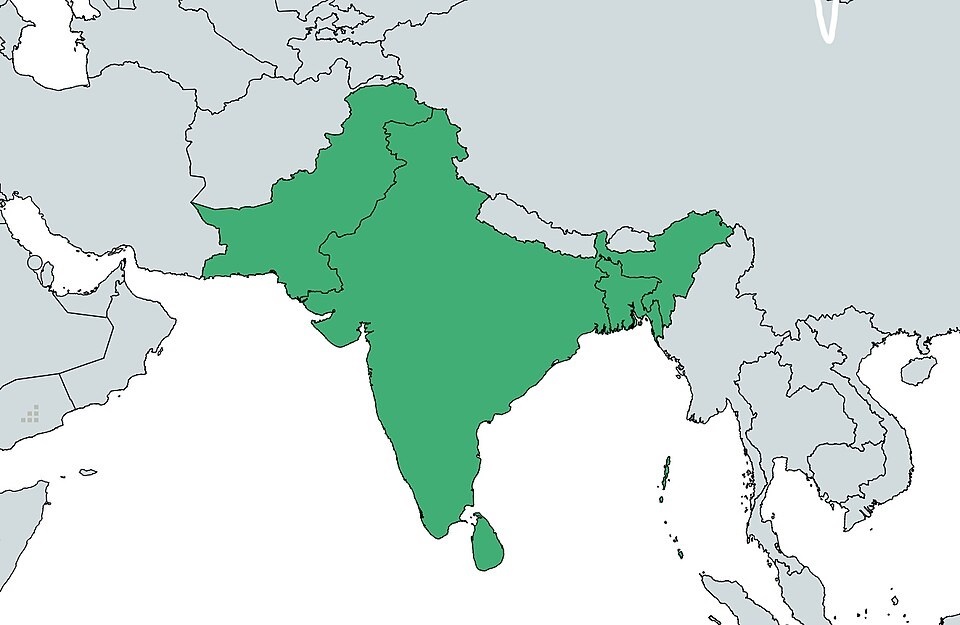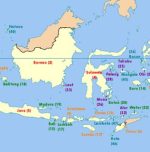India asserts a firm stand against cross-border terrorism

During a recent visit to New York, an Indian all-party delegation emphasised the country’s firm stance against terrorism emanating from Pakistan.
The team was led by Congress MP Shashi Tharoor. It included MPs from several major political parties. They asked for international support.
They said terrorism from Pakistan has been a long-standing threat to India’s security and sovereignty.
At an interaction hosted by the Consulate General of India, the delegation engaged with members of the Indian-American community, policy experts, and media representatives.
The focus of the discussion was India’s evolving approach to terrorism, particularly in light of recent attacks such as the one in Pahalgam in April.
The delegation conveyed that India now seeks to establish a “new normal,” where acts of cross-border terror would no longer go unanswered.
The speakers referred to a pattern of hostility traced back to past incidents, including the 2016 Pathankot airbase attack and the 2019 Pulwama bombing.
They said that India had made many diplomatic efforts. This included asking Pakistan to join investigations and sharing evidence.
But Pakistan had made little progress in stopping terrorism or punishing those responsible.
The delegation highlighted that India has shifted its response strategy over the years.
From observing restraint and adhering to diplomatic protocols, India had eventually taken more assertive steps, such as surgical strikes across the Line of Control in 2016 and the Balakot airstrike in 2019.
These actions were described not as escalations, but as messages of deterrence, aimed at protecting national interests.
The representatives also noted the consistent denial by Pakistan regarding the involvement of groups like Lashkar-e-Taiba, despite international evidence and acknowledgement.
Concerns were raised about the presence of terror infrastructure, including known training camps, and the lack of genuine efforts to dismantle them.
The attack in Pahalgam was cited as an attempt to disrupt the peace and economic recovery of Jammu and Kashmir.
The group behind it, believed to be a front for a banned terrorist organisation, had quickly claimed responsibility, which Indian authorities found telling.
The delegation is expected to continue its international outreach with visits to Guyana, Panama, Brazil, and Colombia, before concluding the tour in Washington, DC.
The broader objective is to build global awareness and solidarity against terrorism while reinforcing India’s right to defend its citizens.
Image Credit: Nafhax, CC BY-SA 4.0, via Wikimedia Commons
Image Reference: https://commons.wikimedia.org/wiki/File:Map_of_Pakistan,_Bangladesh,_India_and_Sri_Lanka.jpg









